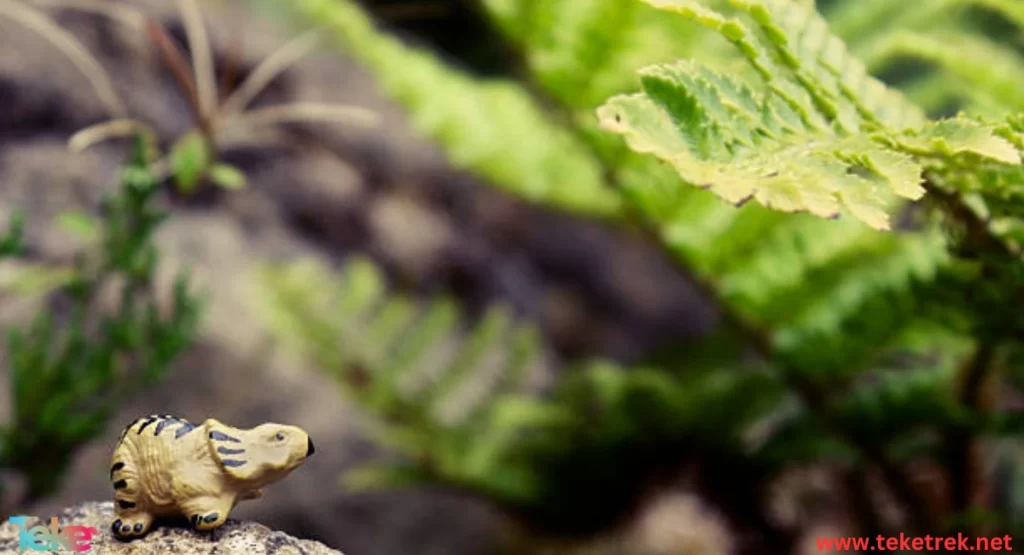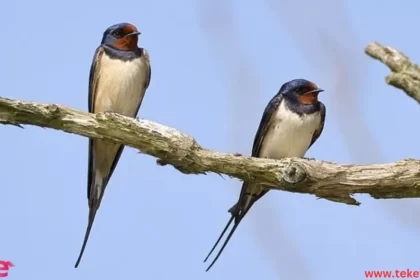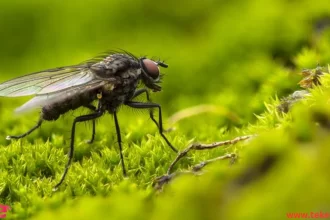Animal biodiversity and its role in the environment are issues that have become a major concern for environmentalists and zoologists, as animals have occupied the cornerstone of the fabric of life on planet Earth due to their major and indispensable role in maintaining environmental balance.
Living organisms vary in their shapes, sizes and lifestyles. We see them from the depths of the oceans to the tops of mountains, which has enriched our planet and ensured the sustainability of its ecosystems. They have their own lives and laws that fall under the name of survival, but nevertheless, they have formed an indispensable balance with each other, and any imbalance in it we see its symptoms everywhere.
In this article from teketrek, we will see the role of these animals in shaping natural habitats in addition to the relationship between biodiversity and human health, so this article will be like a journey in a world full of excitement and natural beauty, where in every corner lies a unique story that contributes to telling the epic of life on Earth, stay with us on our exciting journey.
Explaining the importance of animal diversity in maintaining food chains and ecosystems:
Animal diversity is one of the basic foundations that ensure the sustainability of food chains and ecosystems in general, as each species of animals plays a specific and effective role in these chains, whether they are producers, primary or secondary consumers, or even decomposers. For example, beneficial insects such as bees play an important role in pollinating plants, which contributes to the production of food not only for humans, but also for many other living organisms.
When the bodies of animals and plants decompose, microbes and fungi break down organic matter into its basic elements, which helps nourish the soil and thus enhances plant growth. In addition, animal diversity works to prevent the spread of diseases, as living organisms interact with each other in complex ways that reduce the chances of widespread pest and disease outbreaks.
Through this integrated and complex role, animal diversity maintains the stability of ecosystems and ensures their renewal, making them able to adapt to various environmental changes. Therefore, preserving this diversity is not just an environmental task, but a vital necessity that ensures the continuation of life on Earth.

The role of animals in shaping natural habitats:
Animals play a pivotal role in shaping natural habitats in ways that vary from improving the soil to changing the features of natural spaces, through their direct interaction with the environment, as animals contribute to creating new habitats and improving existing ones, which ensures the sustainability of the ecosystem and its biodiversity.
For example, beavers build dams from trees and branches, which leads to the formation of new ponds and swamps that attract a variety of living organisms such as fish, birds and insects, in addition to their role in purifying water and regulating the flow of rivers and streams. Therefore, we can call beavers nature’s engineers, as they improve and modify habitats in ways that benefit the surrounding environment.
Elephants play a unique role in changing wild habitats, due to their large size and voracious appetite. They uproot small trees and shrubs in their search for food, transforming densely forested areas into open plains, which helps provide vast pastures and allows other plant and animal species to thrive and reproduce. Elephants also spread plant seeds through their feces, which contributes to the spread of plant species and enhances biodiversity.
Through these essential ecological roles, animals demonstrate how living organisms can contribute to building and maintaining natural habitats, which enhances the sustainability of ecosystems and ensures their biodiversity.
https://teketrek.net/capybara-guide-description-food-habitat-reproduction/
The relationship between biodiversity and human health:
Animal diversity plays a vital role in enhancing food security and improving overall public health, as animal diversity provides a wide range of basic foods that humans depend on, such as meat, milk, eggs, and fish. This diversity in food sources helps ensure the availability of food in a sustainable manner and reduces reliance on a single type of product, which reduces the risks associated with food shortages.
In addition, animal diversity contributes to improving public health by maintaining the balance of ecosystems. Animals help combat agricultural pests by preying on harmful organisms that can affect crops. Some animals, such as bees and butterflies, pollinate plants, which increases crop productivity and ensures food diversity.
From a health perspective, animal diversity plays a role in preventing diseases. Many medicines and treatments come from animal components or from microorganisms that live in diverse habitats. Penicillin is one of the most prominent examples of this. Penicillin, which saved millions of lives, was discovered from fungal mold. In addition, diversity in the environment prevents the transmission of infectious diseases between humans and animals, as there is an environmental balance that limits the spread of diseases.
Therefore, preserving animal diversity is not only an environmental issue, but it is a necessity to enhance food security and public health, and ensure the sustainability of life on our beautiful planet.
https://teketrek.net/ray-fish-species-food-life-cycle-most-important-facts/

In conclusion, we find that the biodiversity of animals and their role in the environment is not just an environmental concept, but rather an important vital element that works to sustain life on Earth in countless ways. Through their multiple roles in food chains, their formation of natural habitats, and their direct impact on food security and public health, animals show how every living organism plays an indispensable role in maintaining the balance of ecosystems. Therefore, animal diversity must be protected to preserve biodiversity in order to ensure the continuity of life and preserve the future of future generations.
Adama.





